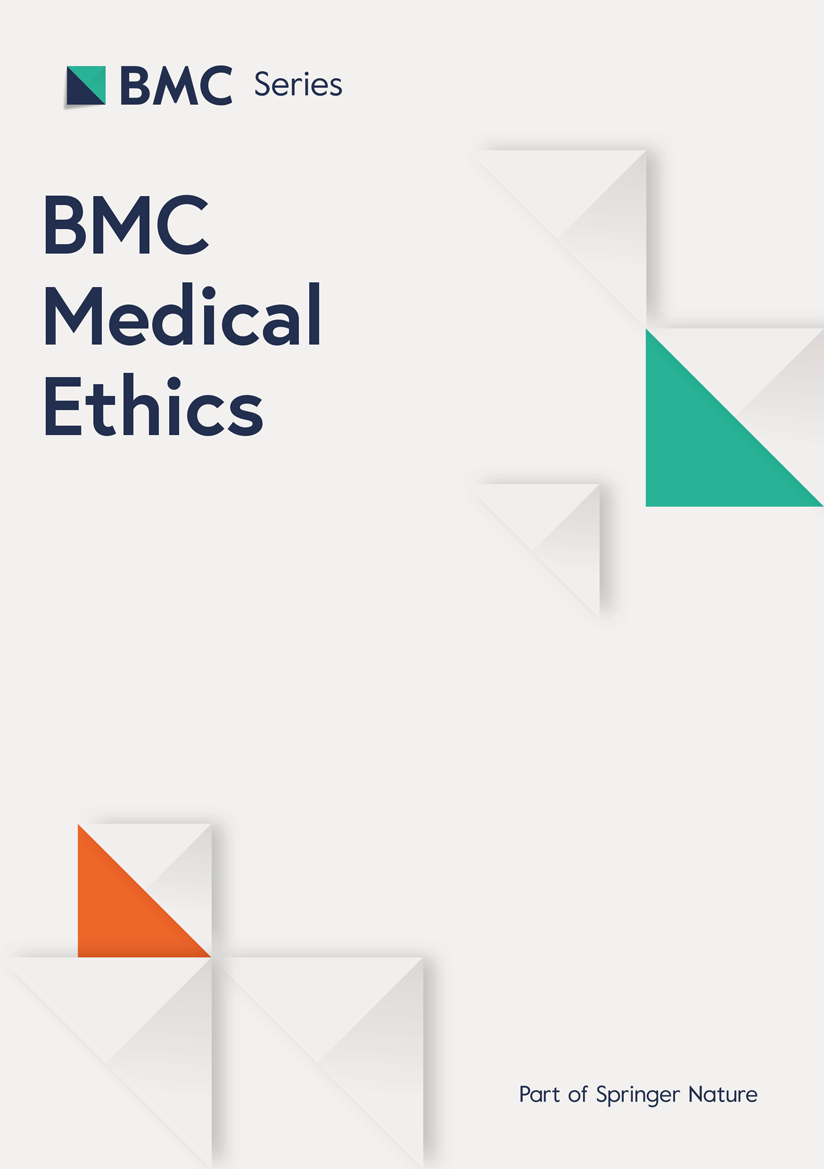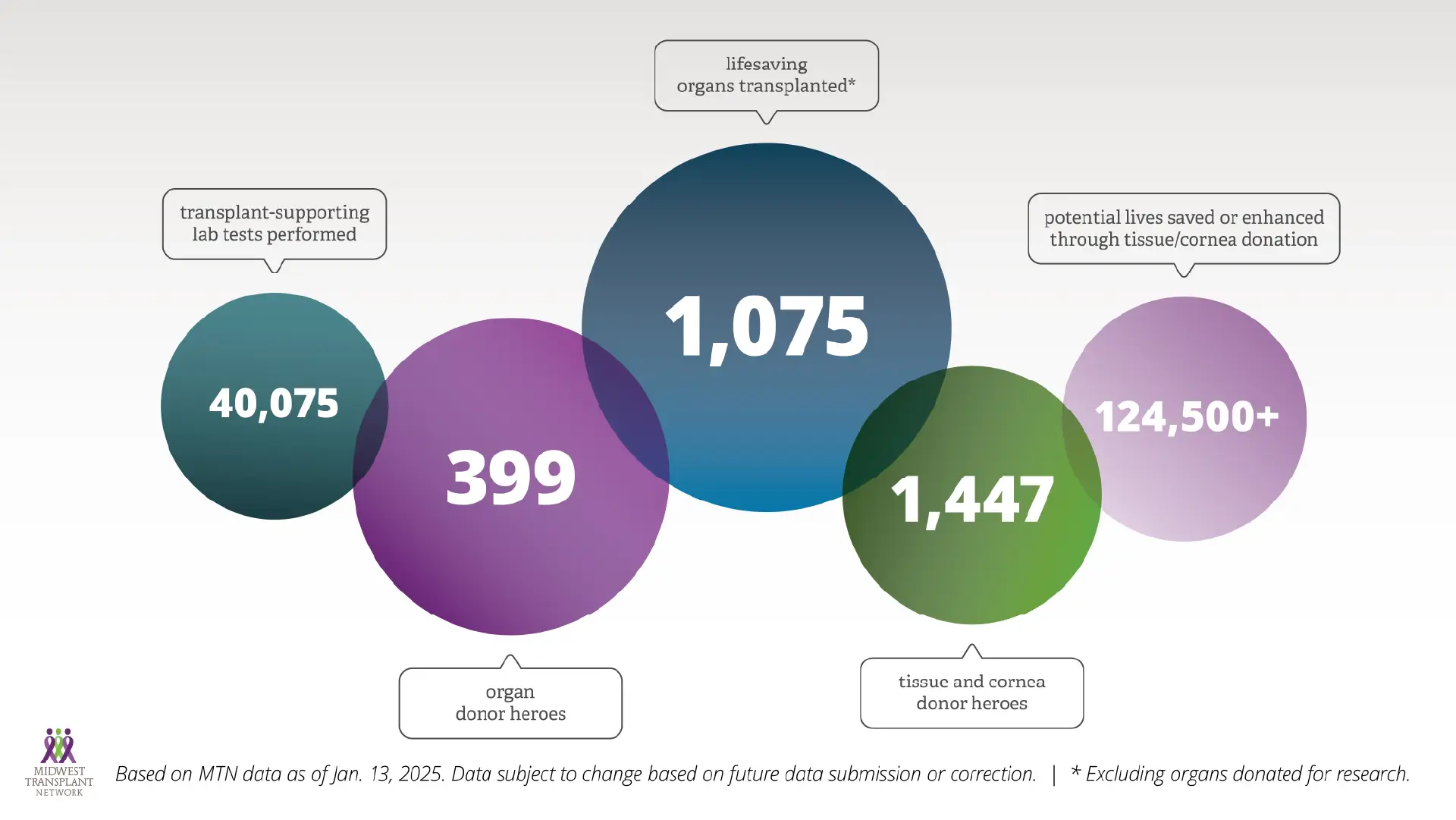Attitudes of the Portuguese population towards advance directives: an online survey | BMC Medical Ethics

This is the first nationwide study in Portugal to evaluate attitudes towards ADs. We received responses from all administrative areas of the country (see Table 1), although there was a predominance of responses from the northern part of the country. The results obtained from this sample showed a favourable attitude towards ADs (Table 2), confirming our first hypothesis, which is in line with the findings of other studies and in different countries [23, 28, 30, 31, 41,42,43,44,45]. Notably, the data obtained from this sample revealed a more positive attitude among women, agnostics/atheists, health professionals, and those who had already performed an AD (Table 4). This result confirms our hypothesis that there was a statistically significant difference in the attitudes of the Portuguese population towards ADs in relation to gender, religion, being a health professional and having a living will. On the other hand, we did not confirm the other hypotheses, as we did not find a statistically significant difference in the attitudes of the Portuguese population in relation marital status, education level and residence.
Another study conducted by Laranjeira et al., that was also with Portuguese citizens showed results that resembled those of the present study in terms of the GPATACD scale [29]. However, there are differences between this other study and our study that may explain some of the differences in the results. Thus, the sample in the study by Laranjeira et al. [29] included health care professionals (n = 728; 71.09%), whereas in this study, we had only 324 health care professionals, corresponding to 34.1% of the sample. Finally, we had a sample with national coverage.
A similar finding, although slightly greater in our sample, is the number of people who have written an AD. In our study, 3.6% of the participants had already written an AD; in the study by Laranjeira et al. (2021), this percentage was 2.34% of the sample; and in another study, which was also conducted in Portugal in 2017, it was approximately 1.3% [32]. These different, but low, figures are nevertheless higher than the national statistics obtained from the National Living Will Registry in the Portuguese population [46]. In fact, adherence to ADs among the country’s resident population was approximately 0.28% in 2016 and almost doubled to 0.51% in 2022 [47]. In absolute terms, in January 2023, the number of active living wills exceeded 37,000, nearly 13,000 of which were registered by men and more than 24,000 by women [21].
Curiously, this national data, in which 64% of the population who have drawn up a living will are women, are in line with the data from this study, which shows that women have a more favourable attitude towards living wills than men, i.e., they are more likely to discuss the subject and more easily draw up their living wills, in line with other empirical data [31, 37, 38, 48,49,50] Regarding the low level of adherence to developing ADs in the Portuguese population, this is something that is common in almost all countries. With the exception of the USA, where data show that one-third of the population has an AD [51, 52], in Europe, adherence rates vary between 0.66% and 19% [22,23,24,25, 29, 53, 54]; Portugal’s percentage is actually lower than the European average.
Although the results obtained show a sample that views Ads favourably, further reflection on some scores obtained in some of the answers on the scale is needed because they have higher score values. Indeed, we can see that some statements obtained median scores of 3 (statements 17, 19, 23, and 25) and 4 (statements 18, 21, 22, and 24), which are higher than those in the study by Laranjeira et al. [29]. These results, with scores that show a less favourable attitude towards ADs, can be partly understood by the composition of this sample, which is mostly composed of nonhealthcare professionals (unlike the study by Laranjeira et al.) and thus contact end-of-life decision-making at the end of life; therefore, perceptions about the end of life are experiences that ordinary citizens have less often than health professionals who start talking about end-of-life issues as early as their initial training, responding with other knowledge on the subject. The results obtained in this study, in which health professionals have a more positive attitude towards ADs, are also understandable and are in line with the findings of some empirical studies [29, 39, 55].
There are likely other barriers that could contribute to these scores showing less favourable attitudes towards ADs. For example, the absence of or little discussion of death and dying in the community [45, 56,57,58,59], illiteracy about ADs [23,24,25, 27, 28, 53, 60,61,62,63] and the taboo of death itself [44, 45, 64] may have influenced these results, with these responses showing a less favourable attitude towards ADs [65,66,67]. As we can see from the studies that have established a positive correlation between the variable’s knowledge about ADs and attitudes [29, 30], we may also see this correlation in these answers: low level of knowledge and less positive attitudes. Notably, 4 of the 8 statements with the highest scores, namely, statements 21, 22, 24, and 25, belong to the dimension of end-of-life perceptions. In this context, there is also illiteracy about end-of-life care, so people’s perception of the subject is more distant, and they do not think about the need to prepare for the end-of-life in terms of health care [45]. On the other hand, the majority of the sample was Catholic (72.6%), which may indicate a tendency to leave the end-of-life to God and not interfere in this matter [68]. Although the Catholic Church has no objection to ADs [69], it is true that this issue is little developed in its official documents. There are notes condemning euthanasia and assisted suicide, but there is no comment about ADs. Furthermore, in a doctrinal line of thought, believers may be faced with the idea of not interfering in God’s designs and opting for a “natural death” (a term often used by the Catholic hierarchy) and meeting the criterion of the sacredness of life, which is more in line with doctrinal precepts. On the other hand, there may also be a gap in communication with the faithful, a lack of knowledge about the church’s position on this issue, which will lead to a position less favourable to ADs. However, the results obtained in this study indicate that agnostics/atheists have a more favourable attitude towards ADs, which is in line with the findings of some studies that point in the opposite direction, i.e., a more religious population is less likely to think about or carry out an AD [70,71,72].
There is also the likelihood that these results are, like the results of other studies, namely, those in Spain [73], connected to the fact that in the Portuguese population, a certain medical paternalism is still present and still fails to encompass the exercise of autonomy in its fullness as far as health care is concerned, let alone as far as prospective autonomy is concerned. The higher scores in statements 17 and 19, which are part of the end-of-life decision-making dimension, can also be understood considering the lack of or little experience in planning end-of-life care and the lack of dialogue with the family or medical team about end-of-life [30, 39, 63, 74,75,76]. The results of statement 18 (autonomy and dignity of the person at the end of life) and statement 23 (application of ADLs) should also be mentioned, as higher scores could indicate a lack of knowledge among the Portuguese population about ADs, an aspect that has also been observed in other studies [29, 32, 74].
This study has several implications for education, research and care practice. As we have identified the attitudes of the population towards ADs, we necessarily have, although with the limitations imposed by this study, some suggestions that answer some of the questions we had in this research and launch more ideas to deepen the knowledge and development of ADs in Portugal.
This study could serve to enable politicians and even health professionals to implement and adapt measures to increase the effectiveness of citizens’ autonomy in end-of-life care planning, such as setting up education sessions on ADs [29] and consultations on drawing up a living will [67]. On the other hand, to have a population with a more conscious attitude towards end-of-life care planning, it may be important introduce end-of-life issues into the content of health education [77,78,79,80], especially to groups that the evidence shows have less favourable attitudes. We also thought it important to follow the suggestion of the Portuguese Bioethics Association to make it binding for health institutions to inform citizens of their right to draw up an AD [81]. In this context, it will also be important to focus on training health professionals, even though we know from the study that they have a more positive attitude than the rest of the population has, so that they can help citizens with counselling for ADs. Moreover, end-of-life care planning should be introduced into the curricula of health professionals to help shape a more conscious attitude.
This study also revealed the need for further research on ADs in Portugal on an ongoing basis, with representative samples, to obtain additional data on attitudes, the influence of sociodemographic data, and the level of knowledge, barriers and constraints in the compilation of ADs. Only in this way will we be able to provide more appropriate responses to the needs of the population with regard to the right to exercise end-of-life care planning.
Strengths and limitations
To our knowledge, the major strength of this research is that it is the first study to evaluate attitudes towards ADs with nationwide coverage. However, it has several limitations. First. given that the data collection was conducted online, we were unable to reach 11.8% of Portuguese households, as reported by the National Statistics Institute in 2022, who lacked internet access [82]. On the other hand, the sample may not be representative of the Portuguese population, as we adopted a convenience sample for this research, and the results cannot be generalized. However, they can provide valuable evidence for further research.
As in other studies that utilize e-surveys with voluntary participation, our data may be subject to self-selection bias. This means that individuals who have a greater interest in the topic are more inclined to respond to the questionnaire, potentially skewing the results. Given that dependent and independent variables were measured using the same method (survey) results may also be affected by the common method bias. In particular, participants can respond providing socially desirable responses, potentially inflating the outcomes. The questionnaire was made anonymous mitigating this type of bias.
In addition, we used quantitative methods that allowed us to obtain data on public attitudes towards ADs. Although the data are relevant, there is a limitation in terms of the underlying basis of the attitudes. Therefore, an in-depth qualitative or mixed methods approach exploring Portuguese people’s experiences of AD would be beneficial for future research.
Conclusion
This study highlights that the attitudes of a sample of the Portuguese population towards ADs are very positive. On the other hand, it also showed that women, atheists/agnostics, health professionals and those who have already drawn up a living will have a more favourable attitude towards living wills.
This research, despite its limitations, could serve to guide policymakers and health professionals in implementing and adapting strategies to make the exercise of citizens’ autonomy in end-of-life care planning more effective. However, it is necessary to continue research on the attitudes of the Portuguese population with representative samples to increase the level of evidence in this field. Thus, we can conclude that we still need to implement measures in education, care practice and research to increase the range of knowledge and awareness of ADs in Portugal.
link






